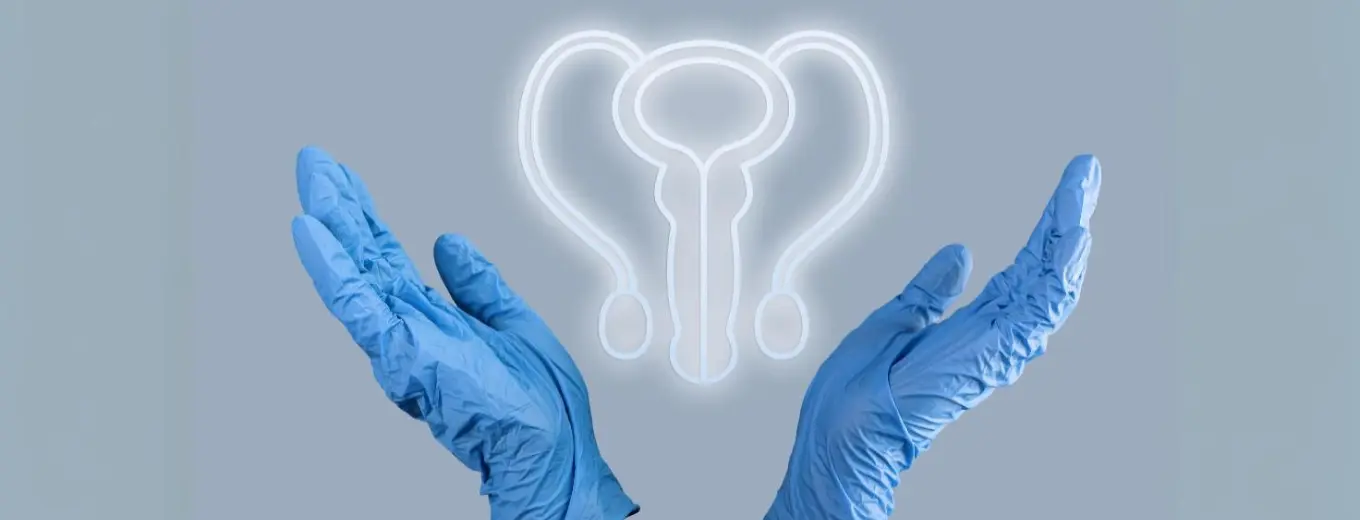“Doctor, I’ve been advised to consider circumcision, but I’m nervous… Is it really necessary?”
Many patients ask this question. Whether for medical, hygiene, cultural, or aesthetic reasons, Circumcision Treatment in Chennai has become safer, faster, and more comfortable—especially with the modern ZSR method. At Ray & Rio’s Speciality Clinic, we make sure every patient feels informed and supported throughout the process.
Let’s explore what circumcision involves, why it’s performed, and why patients across the city—including those near Circumcision Treatment in Egmore and Circumcision Treatment in Neelankarai—trust us for this personal and important procedure.
What is Circumcision and Why is it Needed?
Circumcision is the surgical removal of the foreskin covering the head of the penis. It can be done for:
- Medical issues like phimosis and paraphimosis
- Personal or hygiene concerns
- Religious or cultural reasons
- Prevention of infections and irritation
Phimosis refers to a tight foreskin that doesn’t retract, often causing discomfort, difficulty urinating, or recurring infections. Paraphimosis is a more urgent condition where the retracted foreskin cannot return to its normal position, leading to swelling and restricted blood flow.
For individuals in areas seeking Circumcision Treatment in Egmore or Circumcision Treatment in Neelankarai, timely diagnosis and care from our clinic can prevent long-term complications.
Why Choose the ZSR Technique?
At Ray & Rio’s, we offer the advanced ZSR circumcision technique an innovation that patients choosing Circumcision Treatment in Chennai prefer due to its efficiency and cosmetic outcome.
ZSR uses a specialized stapler device, providing:
- Precision with minimal tissue damage
- Reduced bleeding and swelling
- Neater, symmetrical appearance
- Faster recovery
- Less pain compared to traditional methods
We’ve seen excellent outcomes for patients opting for Circumcision Treatment in Egmore, especially younger adults who prefer quicker recovery. Similarly, patients choosing Circumcision Treatment in Neelankarai appreciate the clean, professional setting and shorter healing time offered by ZSR.
Preparing for Your Procedure
“What should I expect before the surgery?”
Before any Circumcision Treatment in Chennai, our urologist conducts:
- A thorough consultation to explain the procedure
- A physical exam to confirm candidacy
- Blood tests or other medical screenings if necessary
- Pre-surgery instructions (e.g., hygiene, fasting, and medication)
Patients coming for Circumcision Treatment in Egmore benefit from quick scheduling and easy accessibility, while those choosing Circumcision Treatment in Neelankarai often appreciate the calm, suburban environment and personalized support we provide.
Aftercare and Recovery – What to Expect
Recovery after Circumcision Treatment in Chennai is typically smooth and uneventful, especially with ZSR.
Post-surgery, we advise:
- Keeping the area clean and dry
- Applying antibiotic ointments as prescribed
- Wearing loose underwear
- Avoiding strenuous activity for 10–14 days
- Follow-up visits for wound check and healing support
For men and adolescents receiving Circumcision Treatment in Egmore, we ensure they receive follow-up reminders and care tips. Likewise, our Circumcision Treatment in Neelankarai team provides continued support with patient helplines and access to the clinic for any concerns.
Most patients return to work or studies within a week. Complete healing usually takes 7 to 10 days, and patients can resume normal activities in 2 to 3 weeks.
The Long-Term Benefits of Circumcision
Modern circumcision techniques offer much more than cosmetic improvements. Scientific research shows multiple benefits from Circumcision Treatment in Chennai, including:
- Decreased risk of urinary tract infections
- Lower chances of sexually transmitted infections (STIs)
- Prevention of foreskin-related infections and irritation
- Reduced risk of penile cancer
- Easier maintenance of personal hygiene
At our facility offering Circumcision Treatment in Egmore, we see patients who suffered years of discomfort finally find relief. In our Circumcision Treatment in Neelankarai clinic, men seeking proactive hygiene or medical prevention often choose circumcision after discussing the long-term health advantages.
Why Ray & Rio’s Is the Right Choice
Choosing the right place for your Circumcision Treatment in Chennai is important—not just for the procedure but for the care you receive throughout.
Here’s why patients trust Ray & Rio’s:
- Experienced Urologist: Dr. Griffin has vast experience in surgical urology and men’s health.
- Advanced ZSR Technology: Ensures precision, comfort, and excellent cosmetic results.
- Hygienic Setup: We follow strict infection control protocols.
- Patient-Centered Approach: From the first consultation to final recovery, we’re with you.
- Supportive Environment: Whether you’re coming from Circumcision Treatment in Egmore or Circumcision Treatment in Neelankarai, our team makes sure you feel safe and informed.
We understand that circumcision is a deeply personal decision. That’s why we handle every case with confidentiality, professionalism, and care.
Final Words: Your Comfort, Our Priority
If you’re considering Circumcision Treatment in Chennai, now is the time to take control of your health and comfort. With ZSR, there’s no need to fear pain, downtime, or complications.
Whether you choose Circumcision Treatment in Egmore for city convenience or prefer Circumcision Treatment in Neelankarai for a peaceful, private experience—Ray & Rio’s ensures top-level care.
Let’s take this step together. Reach out to our team, book your consultation, and discover a safe, modern path to lasting relief and better hygiene.

